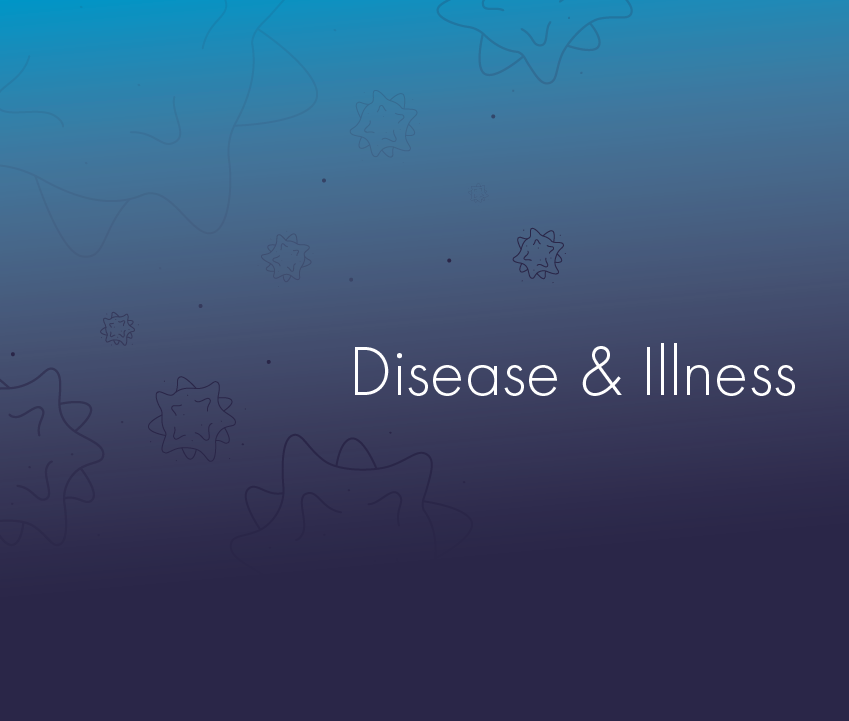Algoma Public Health
Legionellosis
What is Legionellosis?
Legionellosis is an acute infection which is caused by a bacterium, Legionella pneumophila. The disease has two distinct syndromic presentations. Legionnaire's Disease (the move severe pneumonic form) and a milder illness Pontiac fever. Legionella bacteria are found naturally in the environment, usually in water. The bacteria grow best in warm water, such as is found in hot tubs, hot water tanks or parts of the air conditioning system of large buildings.
Contact Us!
Sault Ste. Marie: 1-866-892-0172
Blind River: 1-888-356-2551
Elliot Lake: 1-888-211-6749
Wawa: 1-888-211-8074
What causes Legionellosis?
People can inhale Legionella when they breathe in small droplets of water in air that has been contaminated with the bacteria. The bacteria are not spread from person-to-person.
What are the symptoms of Legionellosis?
Legionnaires' disease can have symptoms like many other forms of pneumonia, os it can be hard to diagnose at first. Signs of the disease can include: a high fever, chills, and cough. Some people may also suffer from muscles aches and headaches. The symptoms of Pontiac Fever are fever and muscle aches without pneumonia; cases generally recover within 2 to 5 days.
When do symptoms begin to occur?
Symptoms of Legionnaire's disease usually develop within two to ten days, most often within five to six days of exposure to the Legionella bacteria. Symptoms of Pontiac Fever usually develop within five to 66 hours of exposure, most often 24-48 hours.
How does one test for Legionellosis?
Several laboratory tests can be used to diagnose Legionellosis. The most common method is through urine testing.
Who is at risk?
People most at risk of getting sick from Legionella bacteria are older people (usually 65 years of age and older) as well as people who smoke, or those who have a chronic lung disease, such as emphysema. People with weak immune systems, such as individuals with cancer or kidney failure, are also at higher risk.
How is Legionellosis treated?
Most cases can be treated successfully with antibiotics. Healthy people usually recover from the infection. Older people with other significant health problems may require further medical attention.
Date of Creation: June 1, 2015
Last Modified: June, 2015










